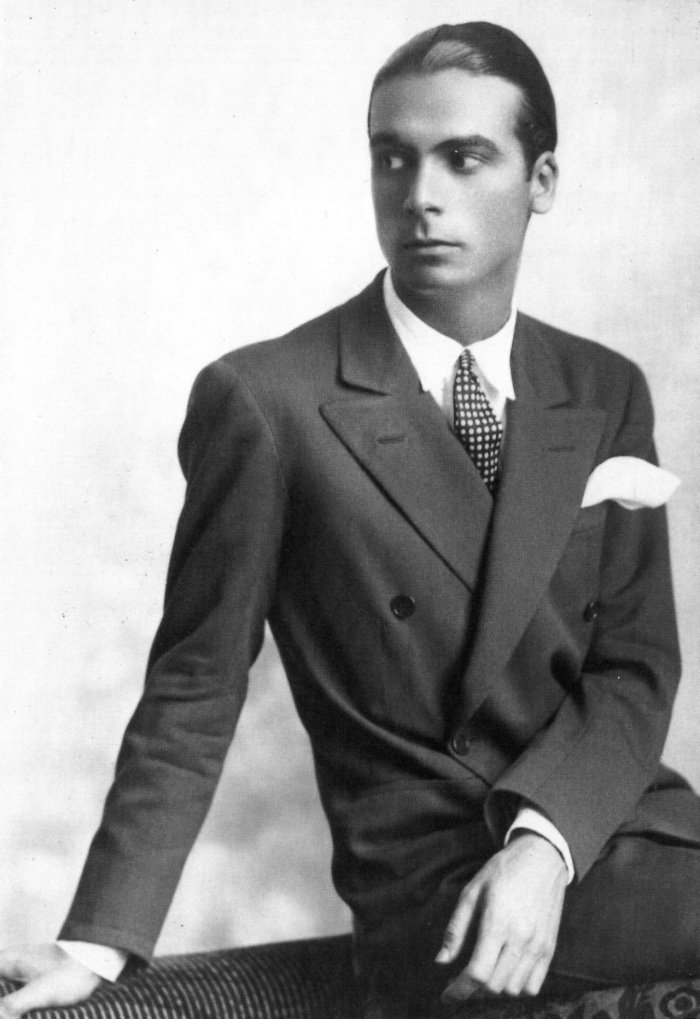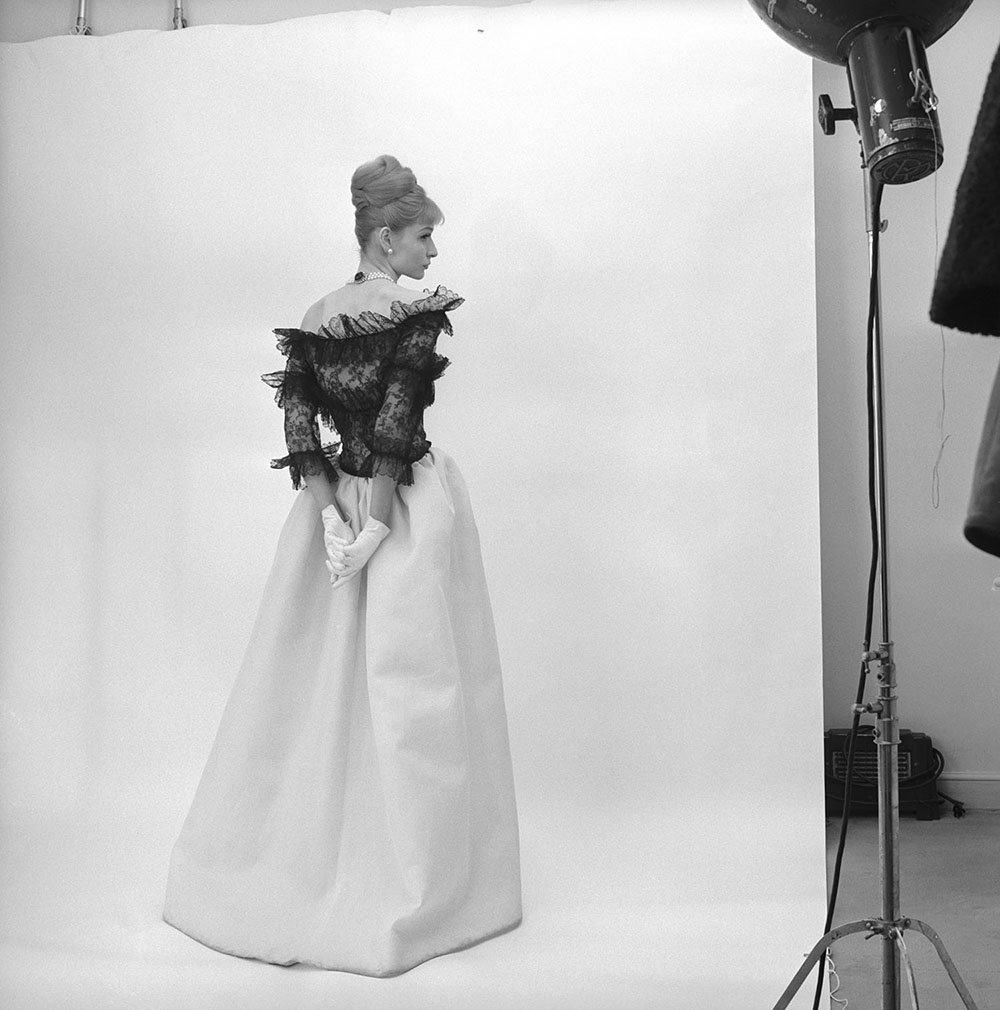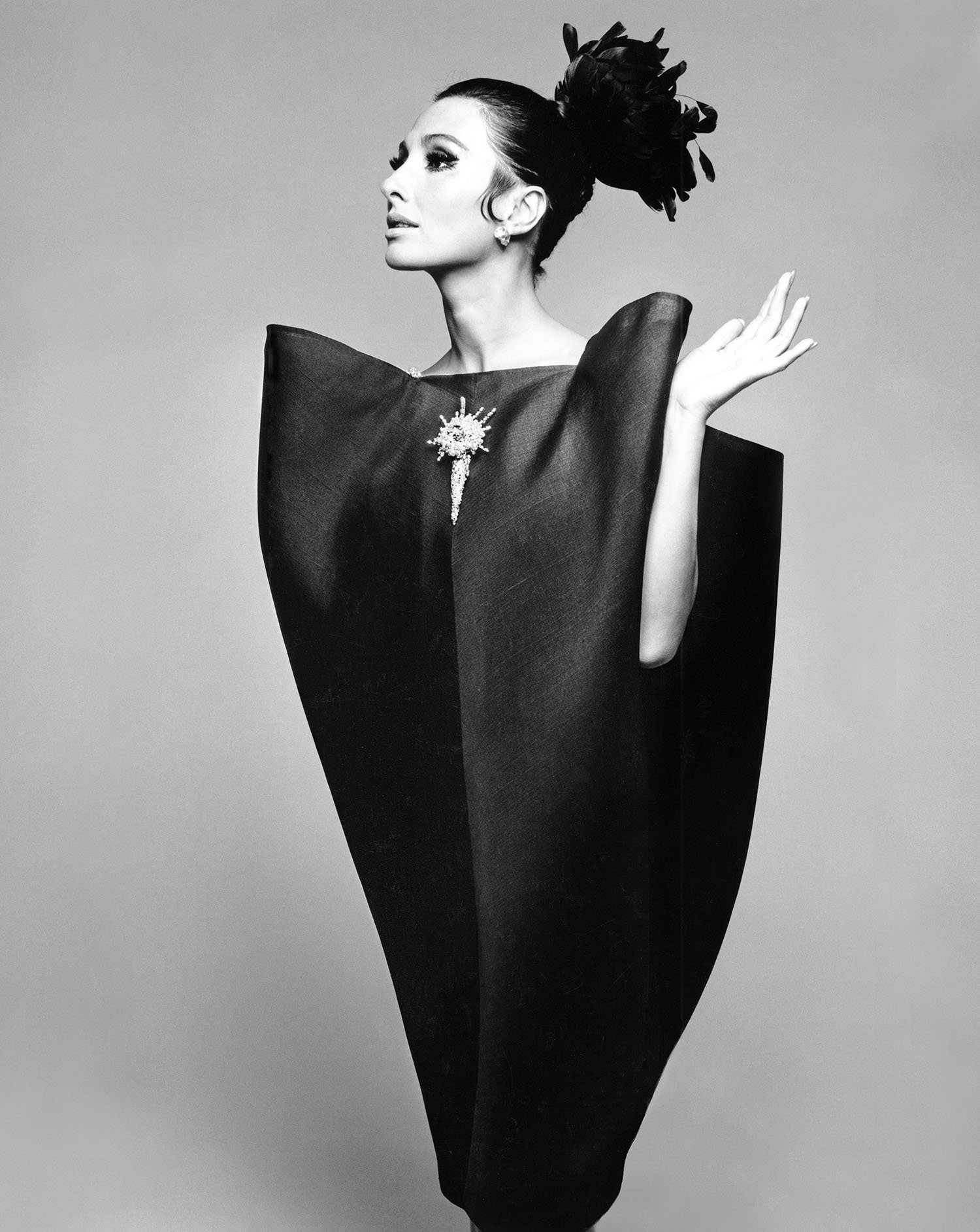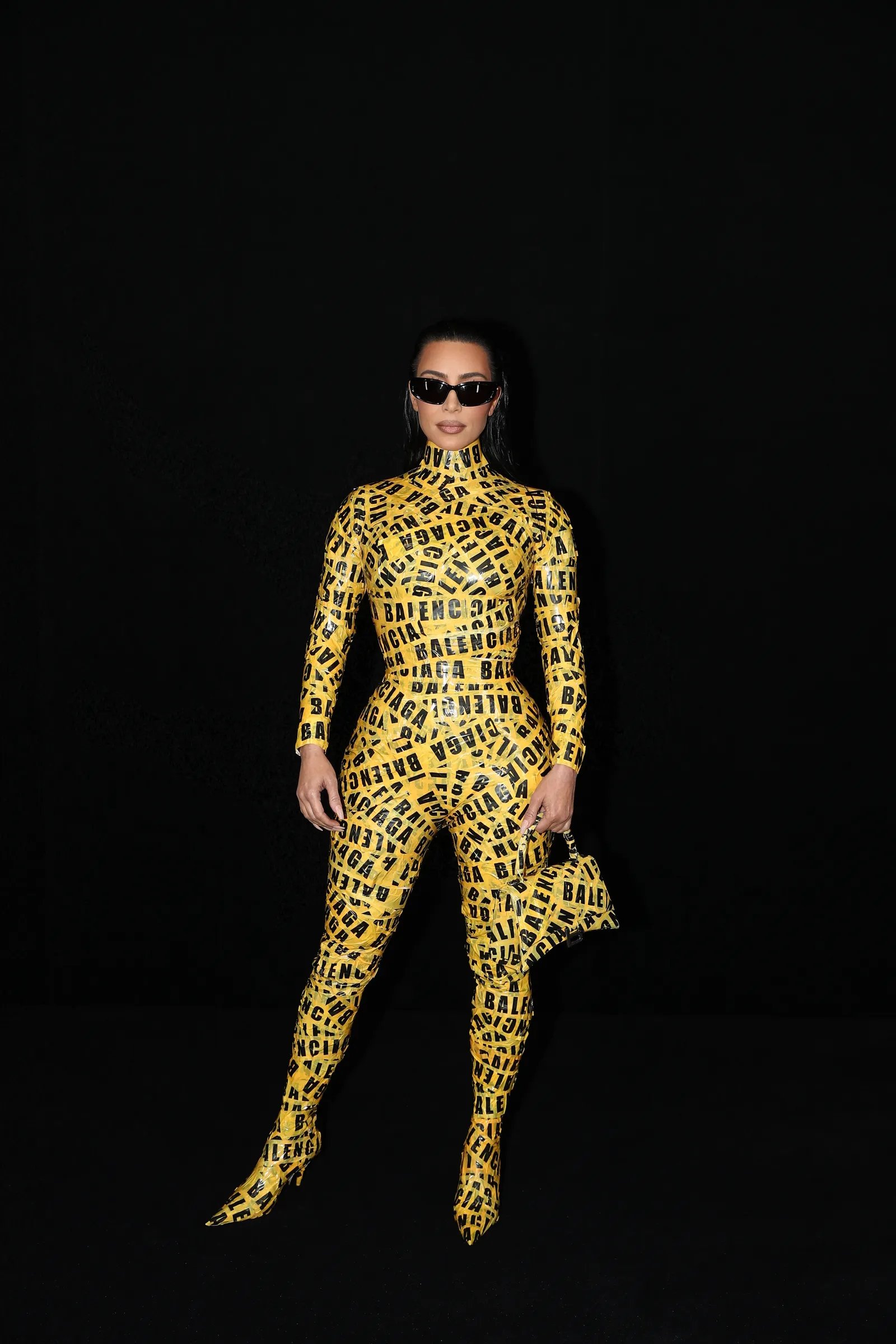Designer Deep Dive: Balenciaga
Hi friend! Welcome back to another installment of my Designer Deep Dive series 🤩 I’m really excited about today’s designer, Balenciaga! I have to admit that I didn’t know much at all about this designer before doing research for this post, like the fact that Balenciaga is originally from Spain 🤯 (literally had no idea) or that it’s been around for over 100 years! Let’s rewind the clock and go back to where it all began.
The Early Years
Cristóbal Balenciaga
Cristóbal Balenciaga (what a gorgeous name!) was born in Getaria, Spain in 1895 and was the youngest of 5 children. He was introduced to fashion at the early age of 10 when his father suddenly passed away, forcing his mother to provide for their family by getting a job as a seamstress. It was around this time that Cristóbal began seriously studying dress making, and at 15 he took his first trip to Paris where he was inspired to become a couturier. In 1917, about 7 years later, he opened his haute couture house in San Sebastian, Spain named “Eisa”, which was short for his mother’s maiden name. For the next 15 years he was considered the leading couturier in Spain and his designs were worn by the Spanish royal family and aristocracy. He was even able to open additional stores in Barcelona and Madrid, but in 1937, the Spanish Civil War distrupted his business and forced him to close his stores. He packed his bags and moved to Paris where he opened his couturier on Avenue George V and presented his very first collection, which referenced his Spanish culture and was incredibly well received by buyers and the press. His designs were highly sought-after and caught the attention of the editor-in-chief of Harper’s Bazaar, Carmel Snow, who was a champion of his work.
BUILDING A BRAND
After World War II, Balenciaga became increasingly popular and he showed off his talent by playing around with different designs and silhouettes in his women’s clothing collections. He wasn’t afraid to go against the “norm” and shake things up! In the 1950’s when Christian Dior’s “New Look” was all the rage (if you read my previous post on Dior, you may recall that this look was all about an hourglass shape: nipped in at the waist and full skirts), Balenciaga opted for broader shoulder silhouettes and a dropped waistline, which provided a looser and more free-flowing fit. Even into the 60’s his popularity increased as he pushed boundaries and continued to experiment with various fabrics and silhouettes. He continued to gain media attention from the celebrities who wore his clothes, such as actress Ava Gardner, American socialite Babe Paley (never heard of her but wow she was beautiful!), and even Jackie Kennedy! During this decade hats became the must-have accessory to complete your outfit, and Balenciaga worked with well-known Paris hat makers to design hats that would match his clothing. His couture pDillbox hats became the item of choice that women pined after to put the finishing touch on their Balenciaga looks. In 1962, Vogue said of Balenciaga’s effect on women’s fashion that “Whatever it takes to hold vast numbers of women in the palm of your hand year after year, Balenciaga has it.…Not that his clothes are easy to wear; on the contrary, they could hardly be more demanding — of elegance, wit, of real clothes authority.”
The End of An Era
A few years later in 1968, Balenciaga made the decision to retire and close his doors at the age of 74. At that point, he had been working in Paris for nearly 30 years and felt it was time to end his chapter in the fashion industry. At that time, other designers like Chanel and Dior were focusing more on ready-to-wear collections, leaving couture behind them, but that wasn’t something Balenciaga wanted. His passion was for couture. Balenciaga passed away 4 years later in 1972 in Spain. French-American fashion columnist and editor Diana Vreeland said: “Balenciaga gave the world fashion. He was the beginning of everything, everything that is news — forever. Mention anything, raincoats, black stockings, the most luxurious fashions in the world — great fabrics…the color, the color, good God, the color. I used to have my secretary sit next to me at the collections and take down his marvelous combinations of color. He gave the world fashion. He gave the femmes du monde clothes,” per WWD. The house would lay dormant until 1986 when Jacques Bogart SA, a French holding company, acquired the rights to Balenciaga.
Balenciaga is Reborn
For the first decade of this resurrection of Balenciaga, a couple of different designers played a role as creative director: Michael Goma from 1987-1992 and Josephus Thimister from 1992-1997. It truly wasn’t until 1997 when the house started to regain traction and attention under the creative direction of Nicolas Ghesquière. It was in the early 2000’s when celebrities like Lindsay Lohan, Mary-Kate and Ashley Olsen, and Paris Hilton and Nicole Richie, who were in the spotlight more than ever after the instant success of their show The Simple Life, were seen carrying the latest “it” bag: the Motorcycle bag. It’s a bag that you’ve likely seen before and has come back in a big way in recent years! It has an overall relaxed shape with plenty of zippers and gold hardware - it truly does give off cool, biker chick vibes. Or I guess you could also say if Justin Bobby were a handbag, this would be it 😉 Ghesquière left in 2012 to replace Marc Jacobs at Louis Vuitton, which is when Alexander Wang took over until 2015.
Here & now
Demna Gvasalia took the creative reigns in 2015 and is known for catapulting the brand into the fame and clout it holds today. Under his direction he designed the now infamous bold Balenciaga logo, the Hourglass bag, and has transformed the way that many people luxury fashion, breaking barriers and shattering the status quo, much like founder Cristóbal was known for more than 100 years ago. He has used cartoons and video games to disrupt the idea that luxury fashion is unattainable. In September 2021, he partnered with Epic Games, the creators of the popular game Fort Nite, which allowed players to dress in Balenciaga outfits. He also worked with the Simpsons creator to make a 10 minute episode that viewed prior to his October runway show in Paris, which centered around their fashion show in Paris 😉 It’s things like this that make the Balenciaga brand more accessible to the everyday person who isn’t able to spend $2,000 on a handbag, yet allows them to still feel connected to their culture in these small ways. Gvasalia is also known for creating iconic red carpet moments with mega celebrities like Kim Kardashian - remember the shadow look from the 2021 Met Gala and even the more recent Balenciaga packing tape ensemble from this year’s Met Gala? She’s been somewhat of an “ambassador” for the brand in recent years and was even photographed in one of their recent ad campaigns.
I don’t think the hype around Balenciaga is going anywhere anytime soon as long as Gvasalia is at the helm and continues to break barriers, reminding us that fashion has a way of connecting and uniting us all. Are you a Balenciaga fan? Let me know which designer I should spotlight next!




